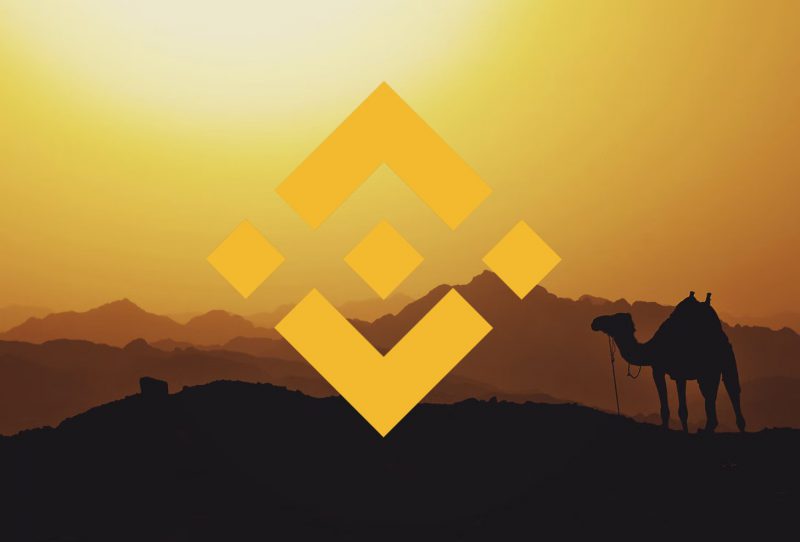Following increased regulatory scrutiny, the world’s largest crypto exchange Binance was displaced as things took a nomadic turn for the platform. This, however, did not stop the exchange from exploring. The Changpeng Zhao-led platform veered into several regions, the Middle East happened to be one among them.
Back in March, Binance managed to attain the Virtual Asset License that allowed the firm to carry out crypto-related services in Dubai. More recently, Richard Teng, regional head of the Middle East and North Africa sector revealed that the exchange would roll out trading services in Dubai and Bahrain by next month.
Over the last couple of months, several crypto businesses have been steering towards Dubai. The crypto-friendly laws are likely to make the UAE city a prominent crypto hub. Elaborating on Dubai’s increased interest in crypto, Binance’s Teng added,
“Regulators in the Middle East region see that supporting the development of crypto assets is critical in developing the Web 3 ecosystem. Trading cryptocurrencies is just one of the business areas that we could deploy in the region, and there are many more opportunities besides trading.”
Binance’s Teng lauds Middle East’s regulatory system
The word ‘uncertainty’ goes well with the crypto market. The regulatory climate surrounding the industry has been extremely skeptical over the years. Binance and similar platforms, despite their popularity, have endured scrutiny. While many regions have openly embraced crypto, a few others continue to extensively investigate the industry. Several crypto enthusiasts continue to trade crypto with anxiety. India, for instance, has heavily taxed the industry but still hasn’t given crypto a legal stature.
The proverb ‘too many cooks spoil the broth’ is an apt description of the crypto regulation situation in the US. While the country is slowly warming up to the industry the inputs of an array of regulators have got the community baffled. Binance’s Teng went on to explain how the regulatory scene is different in the Middle East.
“In some parts of the Middle East, we often communicate with one single regulator which has a consistent framework that straddles banks, asset management, exchanges, and broker-dealers. That cuts out a lot of disagreement from multiple agencies, which may differ in their views about how crypto should be regulated.”
Following the footsteps of Binance, several exchanges have already set up shop in the region. It is likely that this trend would persist and the Middle East would be a crypto hotspot.





